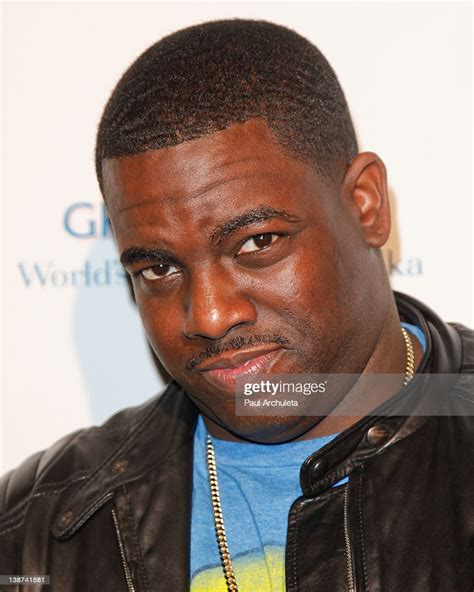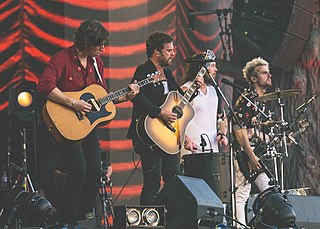A Quote by D.A. Wallach
It's so much easier to use the default sounds in the synthesizers in Logic than it is to make your own thing or to learn how to play an instrument.
Related Quotes
Nice distinctions are troublesome. It is so much easier to say that a thing is black, than to discriminate the particular shade of brown, blue, or green, to which it really belongs. It is so much easier to make up your mind that your neighbour is good for nothing, than to enter into all the circumstances that would oblige you to modify that opinion.
Learning to play old instruments was a challenge. How do you learn an instrument no one has played in hundreds of years? The ones that are used today, I was adamant not to hear anyone else play that instrument. I want to approach them as a child and on the basis of each instrument. I wanted my voice to come through, not someone else's.
The positive thing about collaborating is that I cannot get distracted by coding work, because I cannot waste the other collaborator's time in the same way as I can my own. And it's always good to learn how the other person works, learn about techniques, learn social things like: how do you communicate with another person? The music I make with other people I'm much more confident about, I'm a little bit less judgemental of the outcome than with my own stuff because I know it's not only me, it's a more outside of me. Sometimes I even like them better than my own tracks.
You will learn more from your failures than your successes - so embrace those mistakes, as difficult as that sounds, and grow from them. When a project is successful, you're never really sure why, because so many elements come into play. However, when you fail, you always know why. That is how you learn and grow.

































